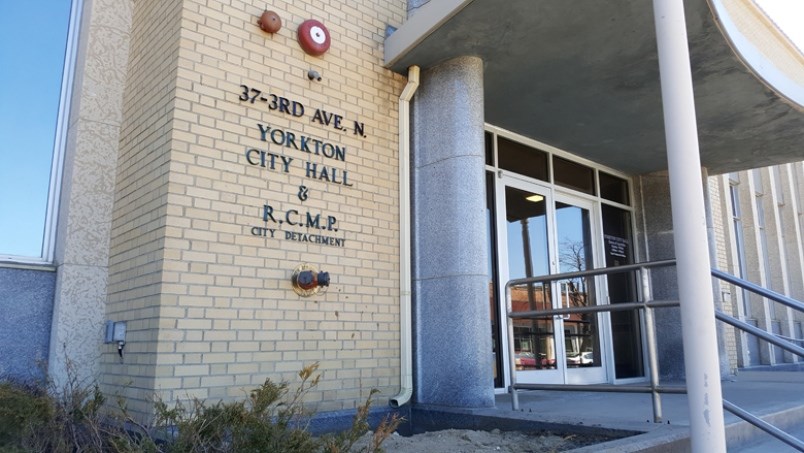YORKTON - At its regular meeting Monday Yorkton Council was given a report of activities of the East Central Saskatchewan Immigration Partnership.
East Central Newcomer Welcome Centre Inc. (ECNWC Inc.) provides direct settlement services to newcomer clients which goes a long way but is limited in it’s operations, explained Local Immigration Partnership coordinator Jammai Umar, adding there were gaps.
As a result a Feasibility study was conducted and the conclusion was there is a need for the community and stakeholders to be involved with finding solutions to the needs of newcomers, thus creation of the Local Immigration Partnership in the region.
Local Immigration Partnerships (LIPs) are indirect settlement services under Canada’s Settlement Program that supports the development of local partnerships, capacity building and the sharing of best practices.
Indirect Services seek to complement direct services by promoting capacity building, coordination and standardization of services across the Settlement programs to optimize client outcomes, explained material circulated Monday.
Local Immigration Partnerships are Community Initiatives that:
* Promote the settlement and integration of newcomers
* Build on the community’s strengths
* Support community-level research and strategic planning
* Promote linkages between sectors
* Systematize local engagement of service providers and other institutions in newcomer integration processes
* Enhance collaboration, coordination and strategic planning at the community level
* Improve coordination of effective services that facilitate immigrant settlement and integration
* Foster a more welcoming community where immigrants are fully engaged and integrated.
Umar said overall the vision is “To make East Central Saskatchewan a growing, prosperous and inclusive community for all residents.”
The East Central Saskatchewan Immigration Partnership will educate, collaborate and partner for the integration and retention of new immigrants in East Central Saskatchewan.
The main priorities of the ECSIP include to identify and eliminate gaps in programs and services for newcomers and immigrants and to consolidate community resources and coordinate the delivery of services and programs for newcomers.
At present there are two sides to the ECSIP structure.
The ECSIP Advisory Council is a 15- member multi-sector council, comprised of key community stakeholders.
Representation includes: all levels of government, settlement agencies, recreation services, safety sector, school boards, language providers, food security, employment, religious institutions, educational institutions, and an Indigenous organization.
The Immigrant Advisory Table (IAT) is a diverse and inclusive volunteer table with members representing a diversity of backgrounds, ages, cultures, languages, genders, education and varying stages of settlement.
Umar said they are now looking at next steps which could include municipal participation, starting with what she termed a ‘friendly neighbour policy.’
A “friendly neighbor policy” will help our community to be more receptive and accommodating of immigrants, she explained. It will show the City’s commitment to community members irrespective of where they come from as seen in other communities.
“A friendly neighbor policy will create a strong sense of community,” she said.
ECSIP’s engagement with the city could also include a ‘Welcoming Week’.
Welcoming Week is an annual opportunity to recognize and celebrate the people, places and values that help everyone feel welcome and give them a sense of belonging in their local community, no matter where they come from, said Umar.
Finally Umar suggested an Immigration Strategy Committee, to create engagement with Council.






